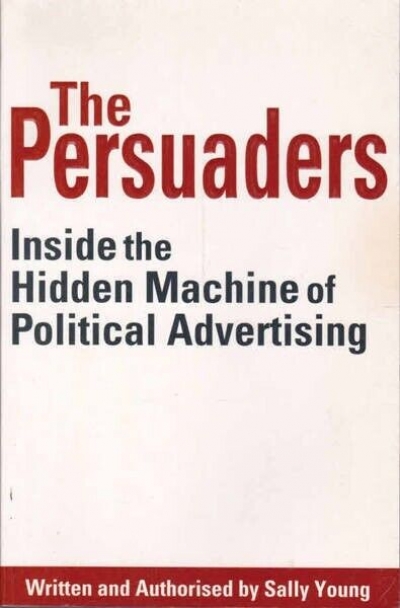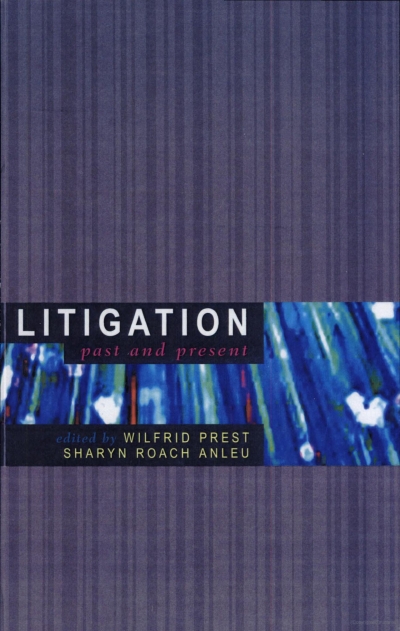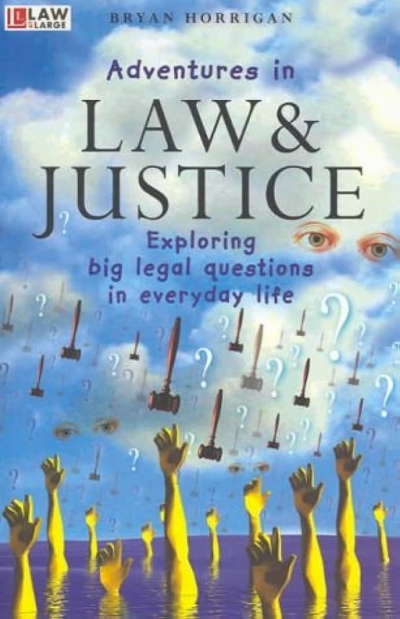Grant Bailey
Rough Justice: Unanswered questions from the Australian courts by Robin Bowles
by Grant Bailey •
Blubberland by Elizabeth Farrelly & Two Kinds of Silence by Kathryn Lomer
Inside Spin: The Dark underbelly of the the PR industry by Bob Burton
by Grant Bailey •
The Premiers of New South Wales Volume 1 edited by David Clune and Ken Turner & The Premiers of New South Wales Volume 2 edited by David Clune and Ken Turner
by Grant Bailey •
Socialist Champion: Portrait of the gentleman as crusader by John Barnes
by Grant Bailey •
Behind the News: A Biography of Peter Russo edited by Prue Torney-Parlicki
by Grant Bailey •
The Persuaders: Inside the hidden machine of political advertising by Sally Young
by Grant Bailey •
Litigation edited by Wilfrid Prest and Sharyn Roach Anleu & Slapping on the Writs by Brian Walters
by Grant Bailey •










